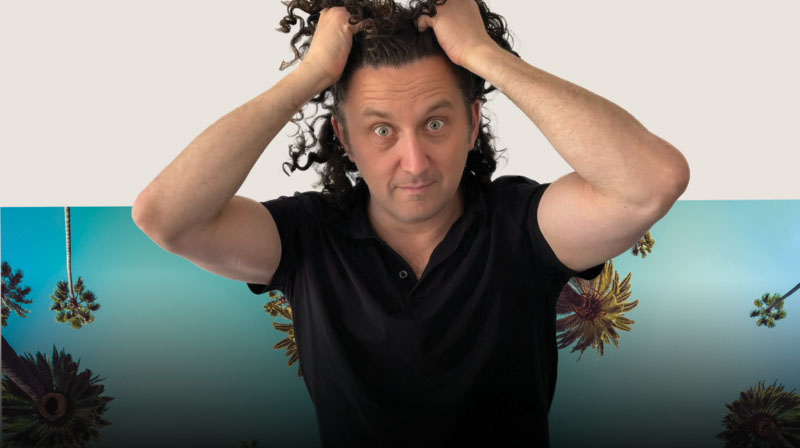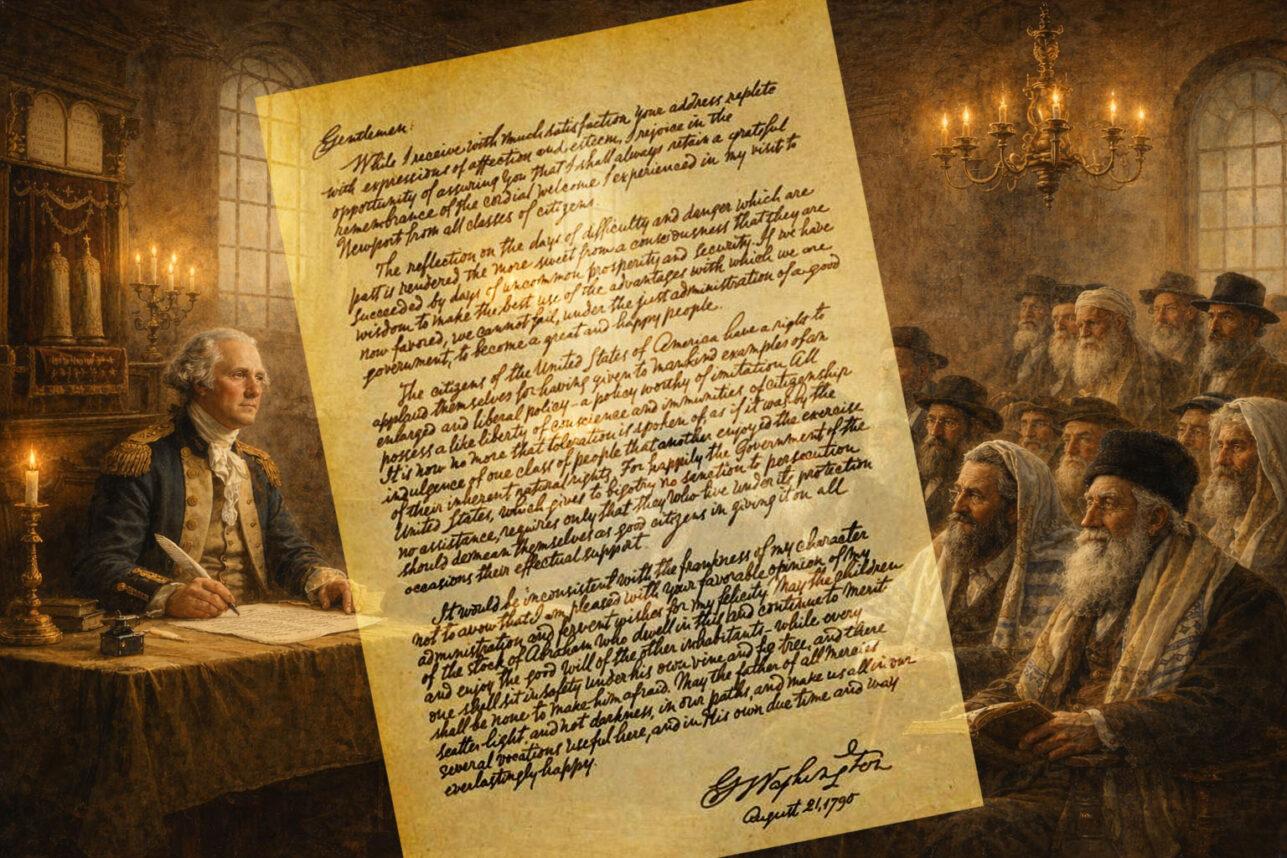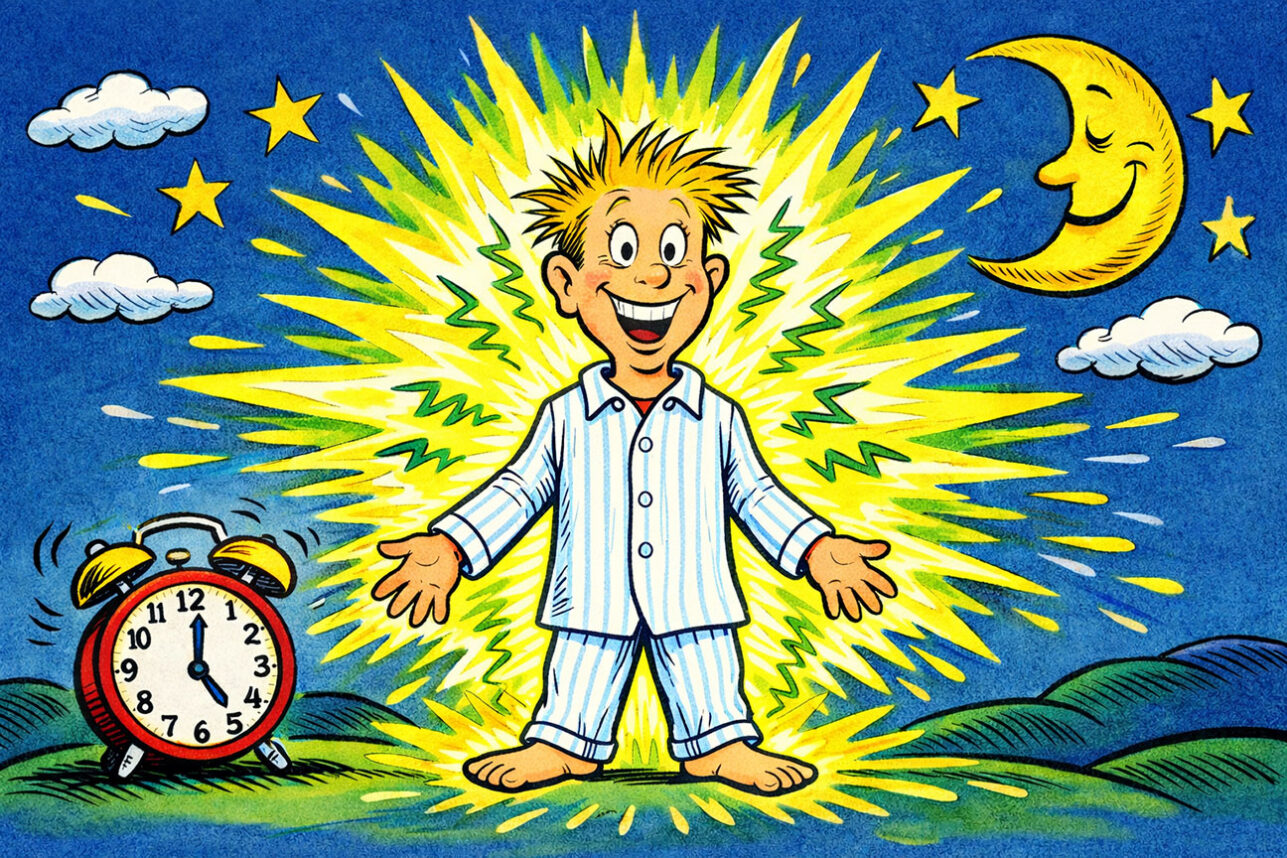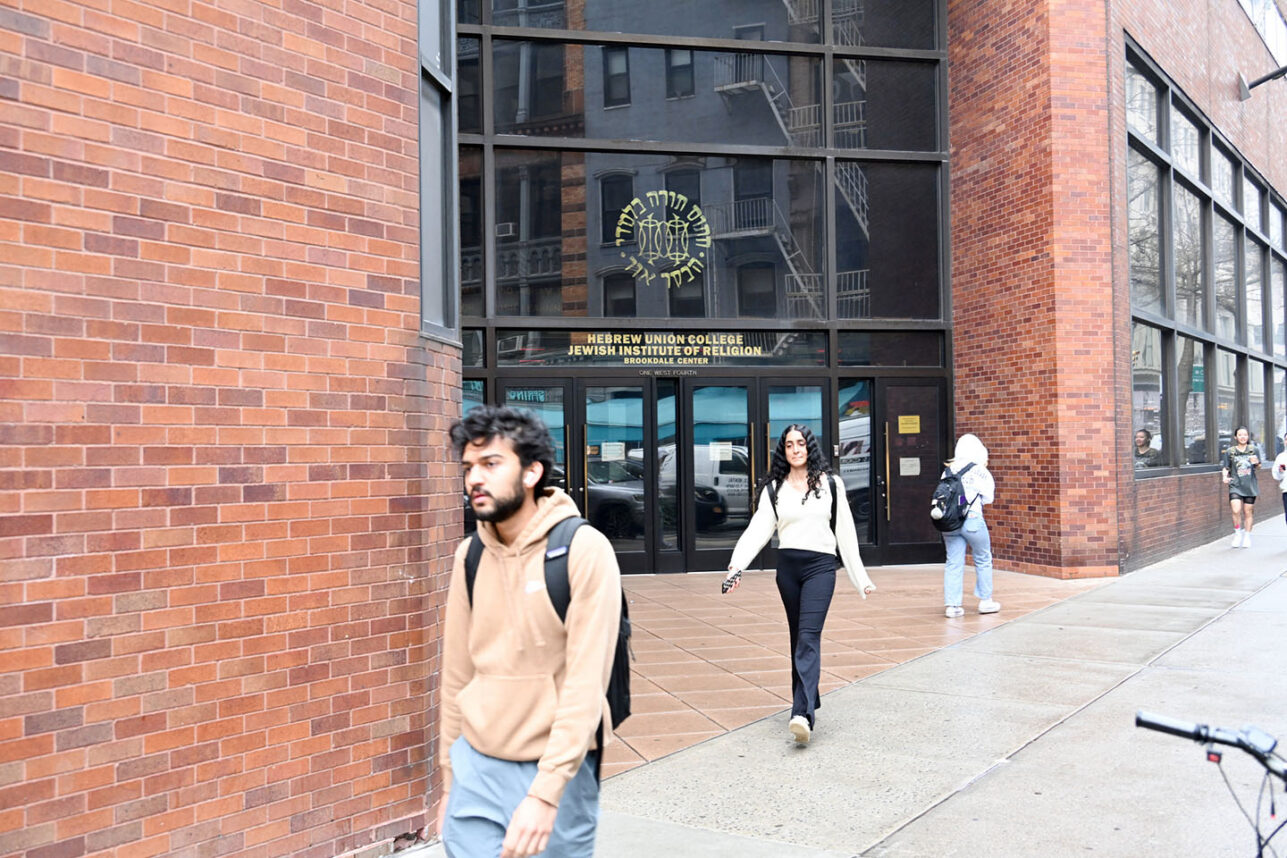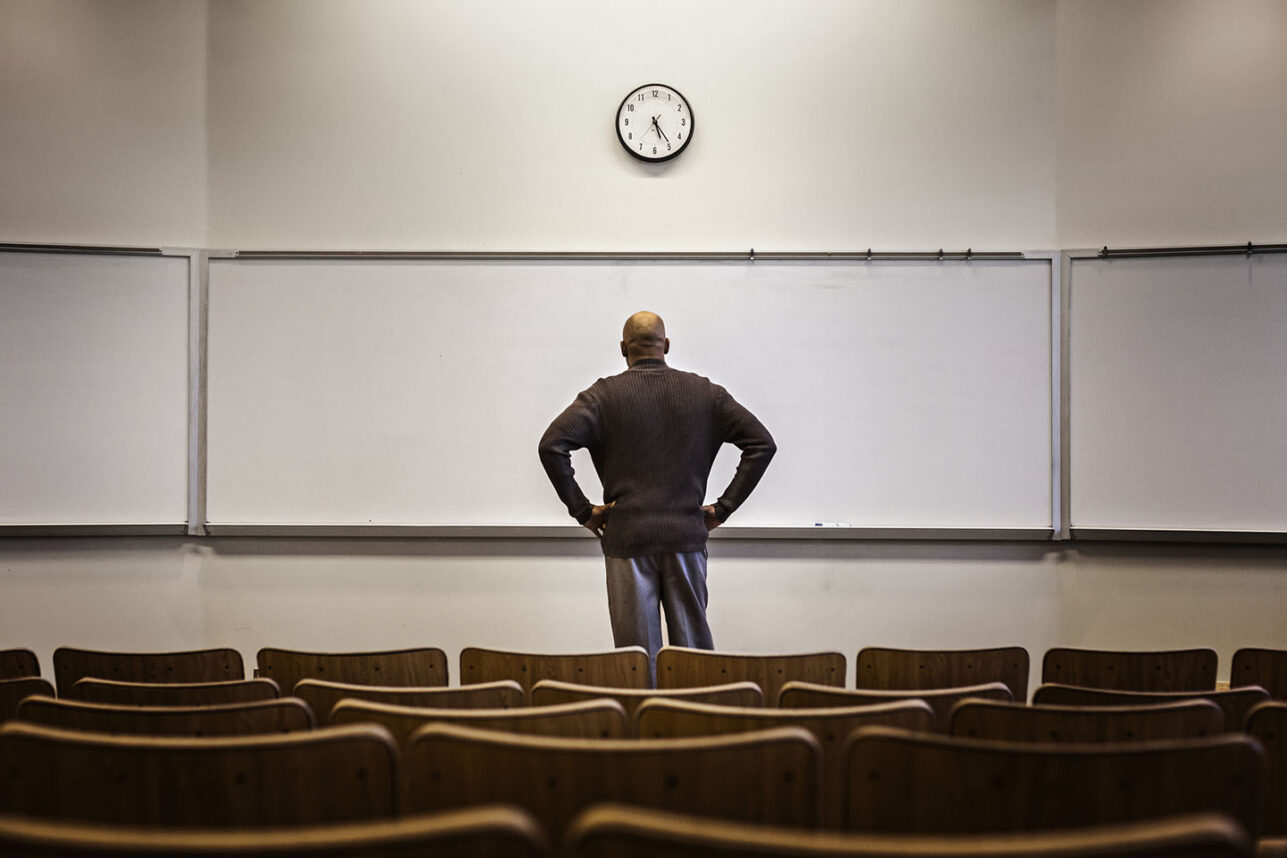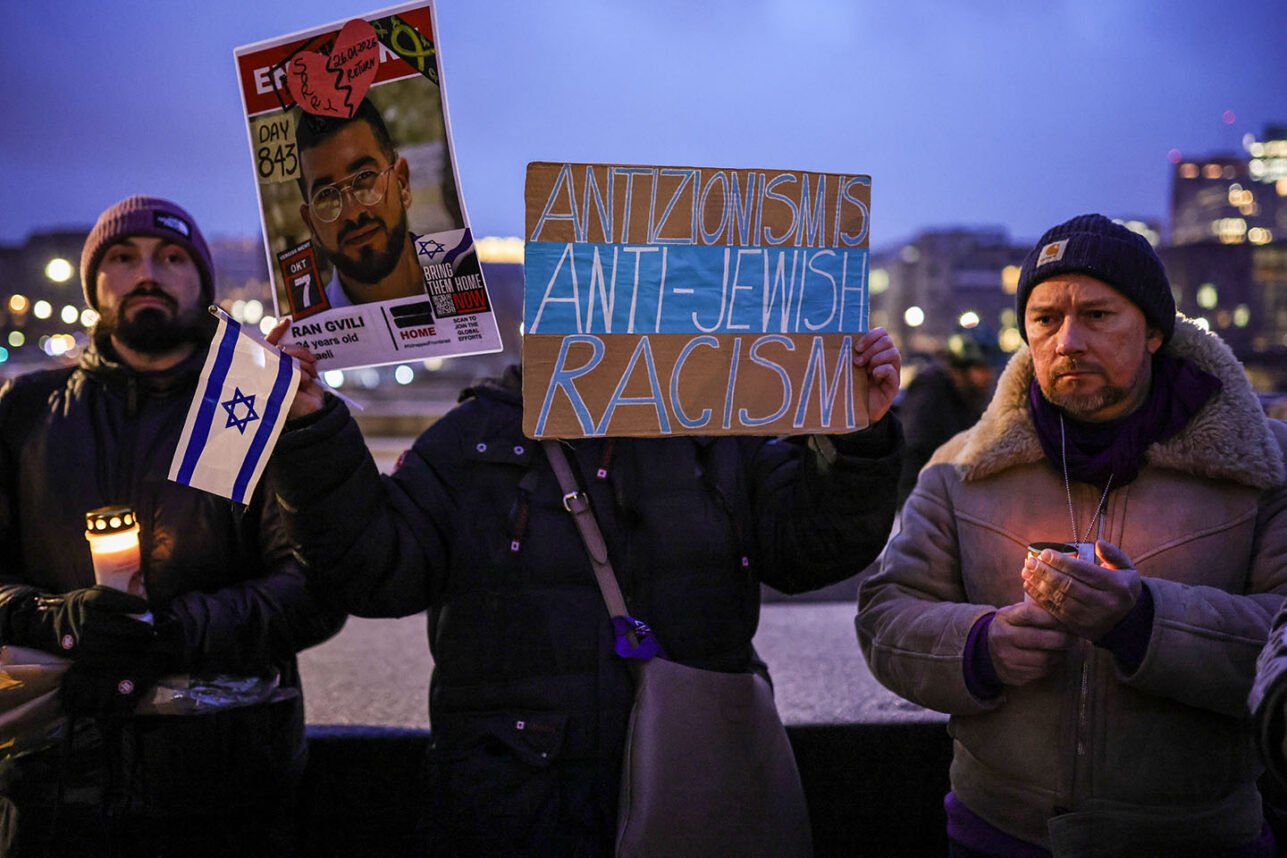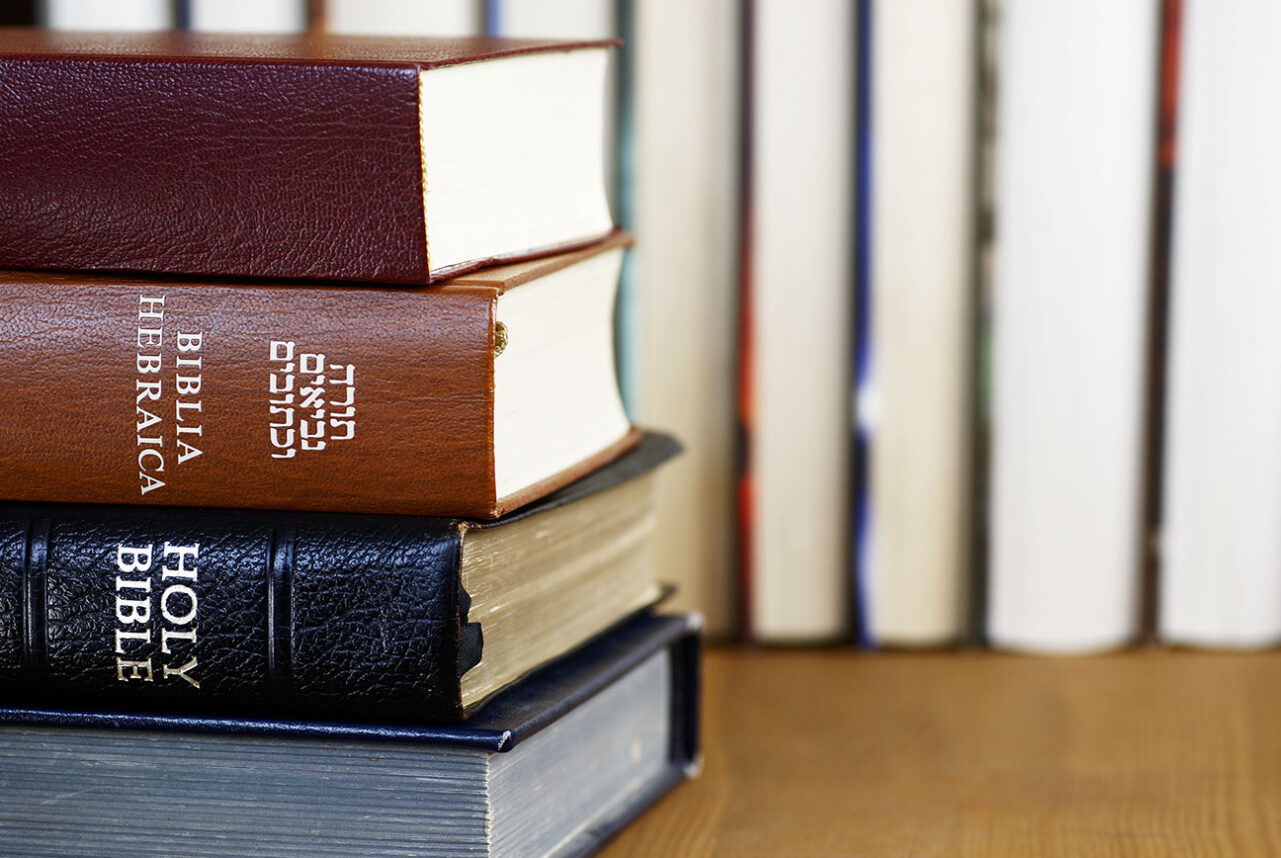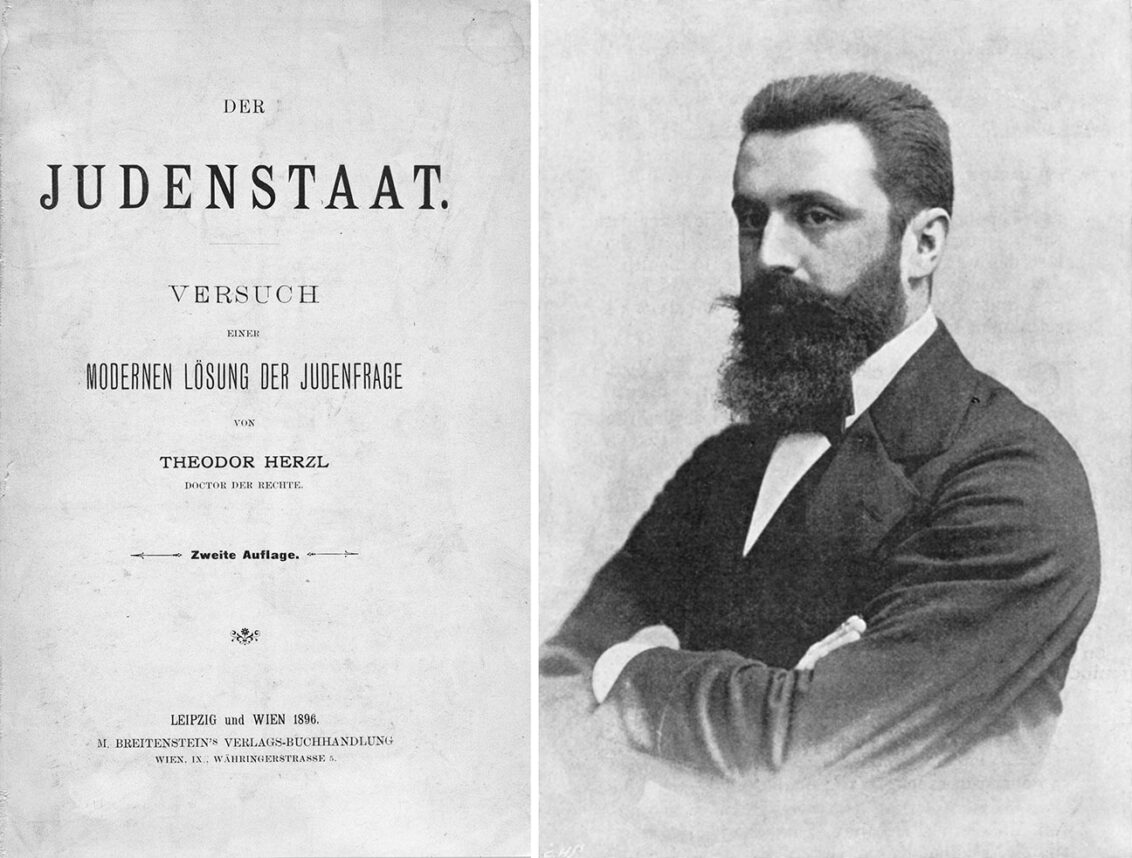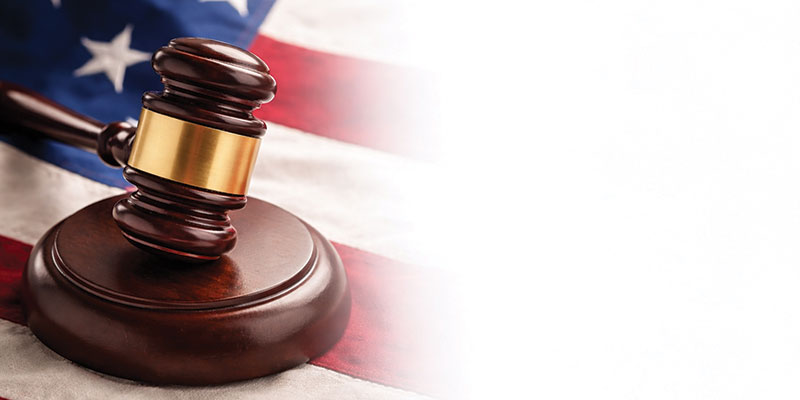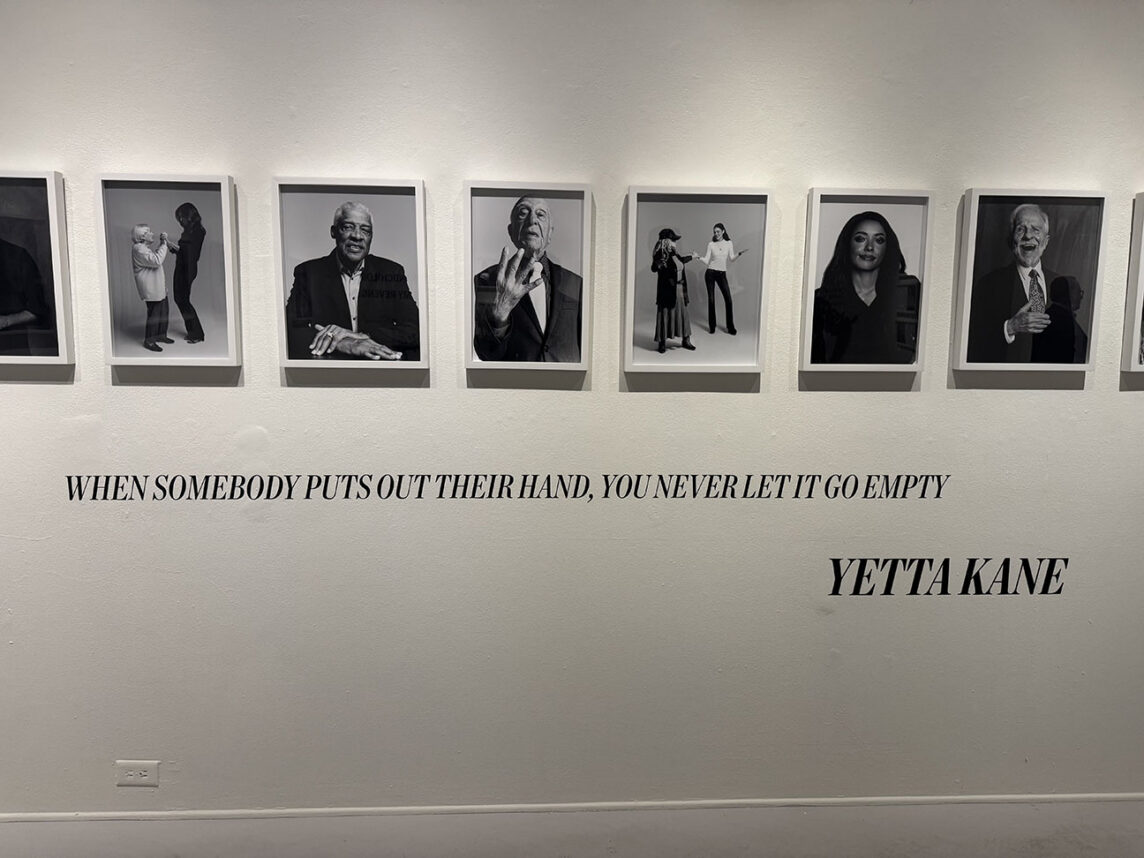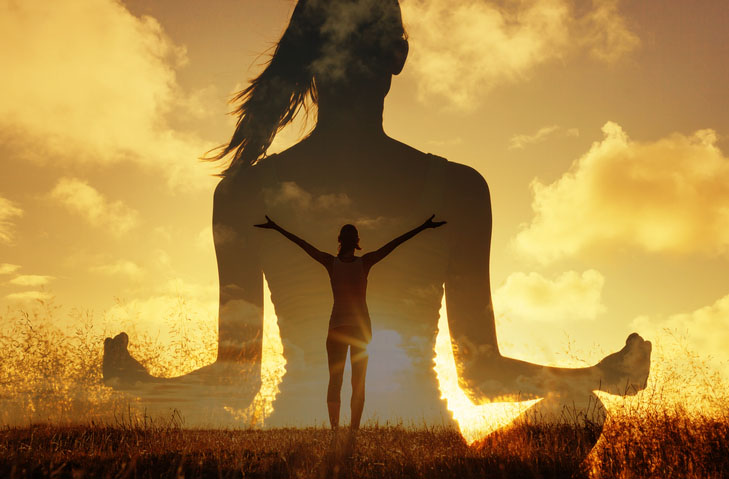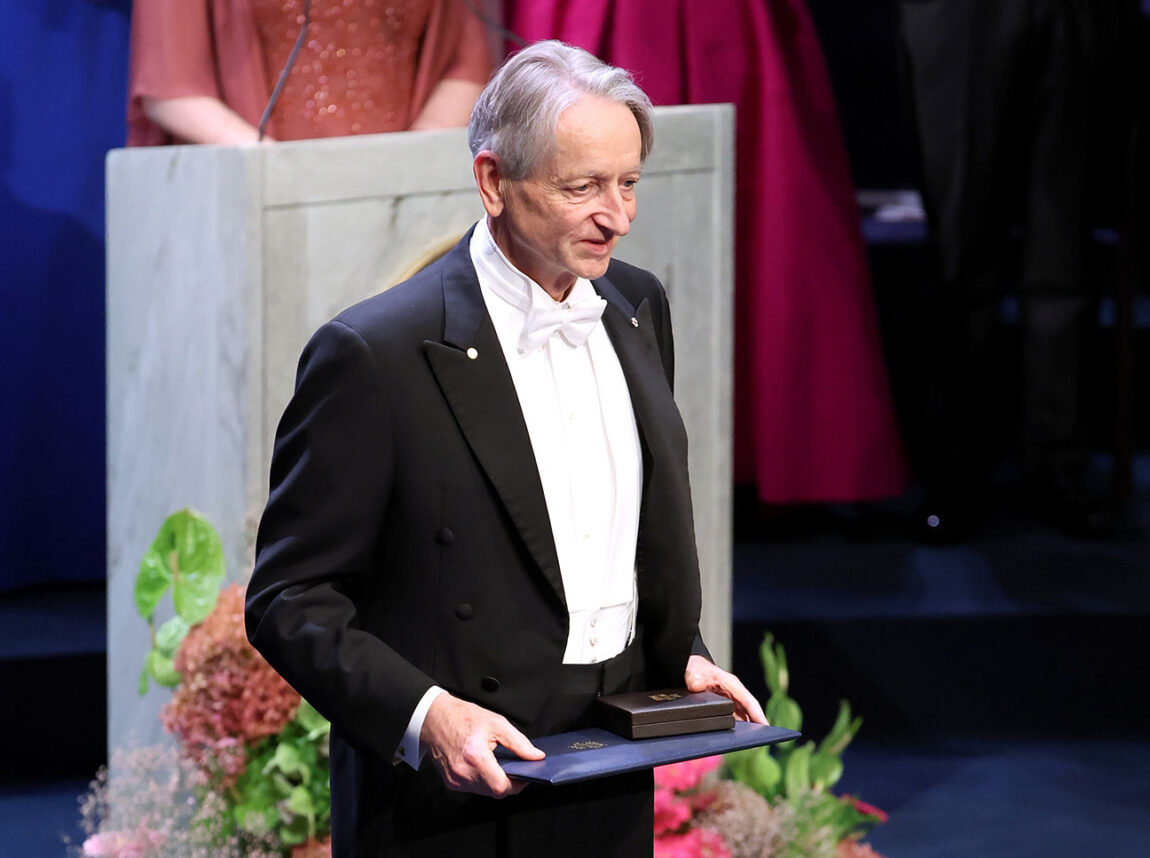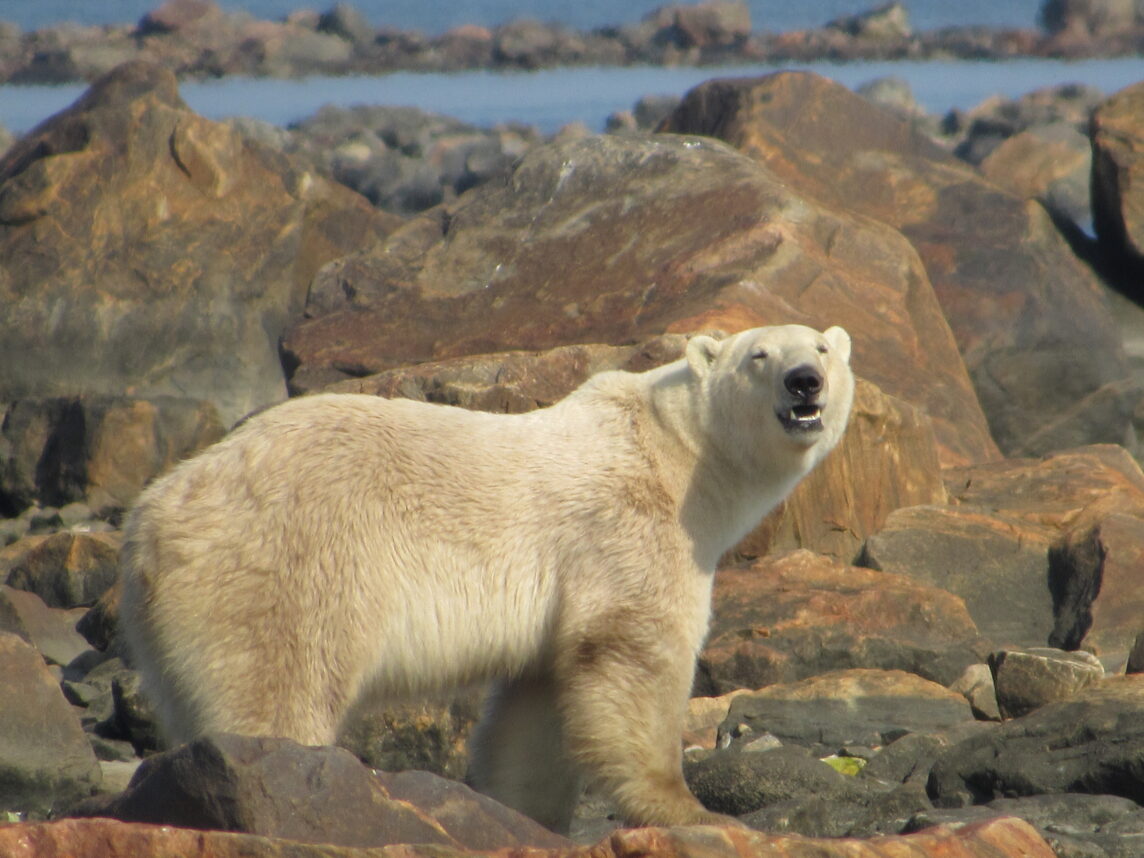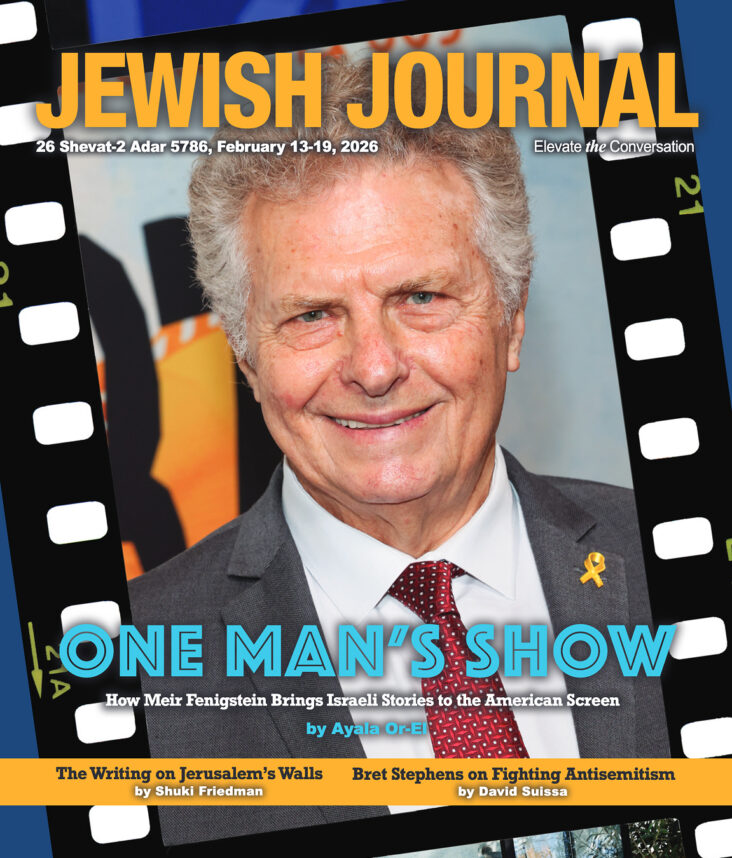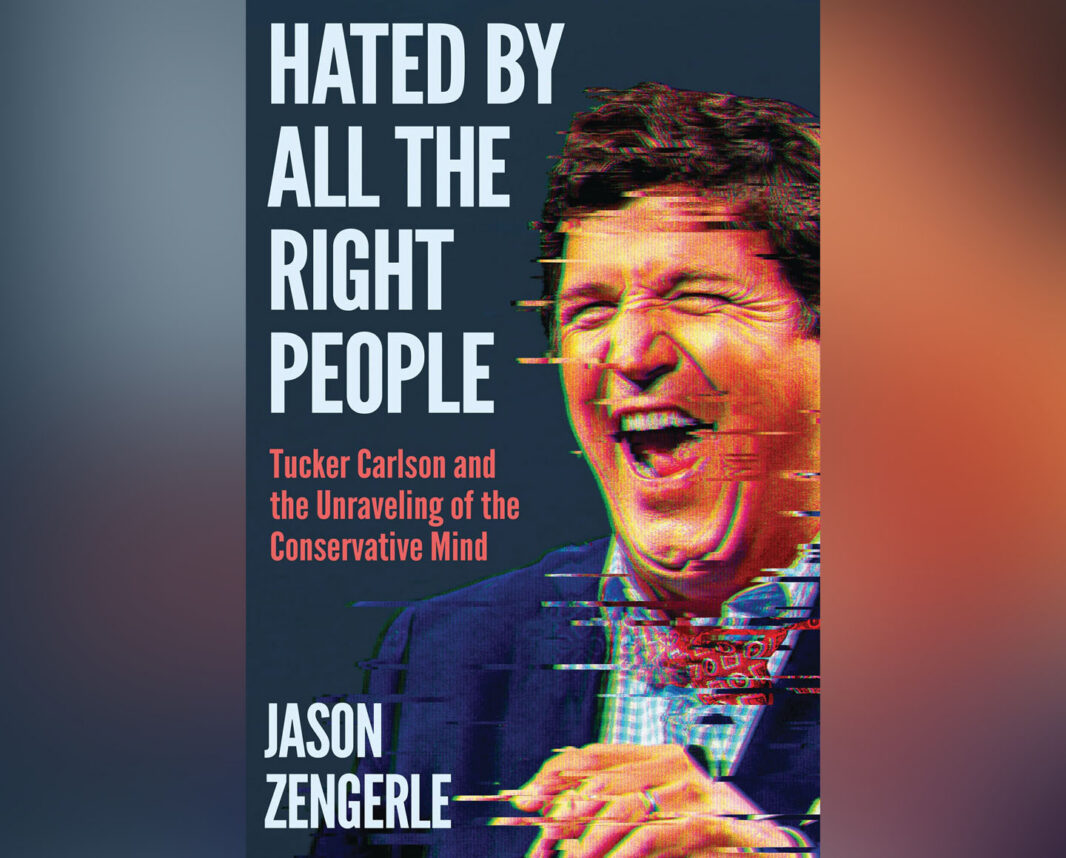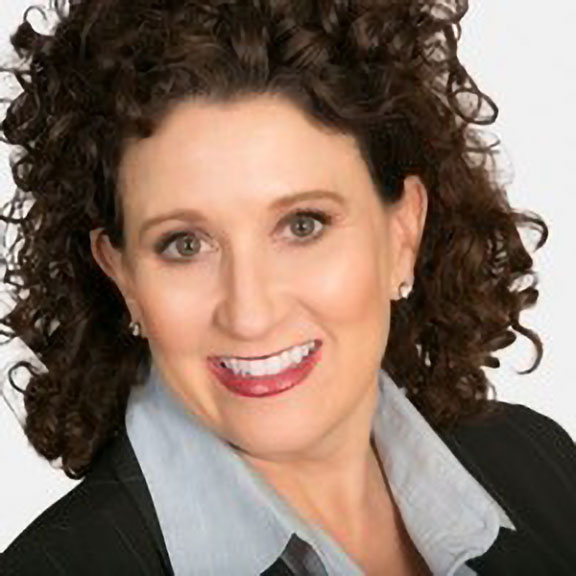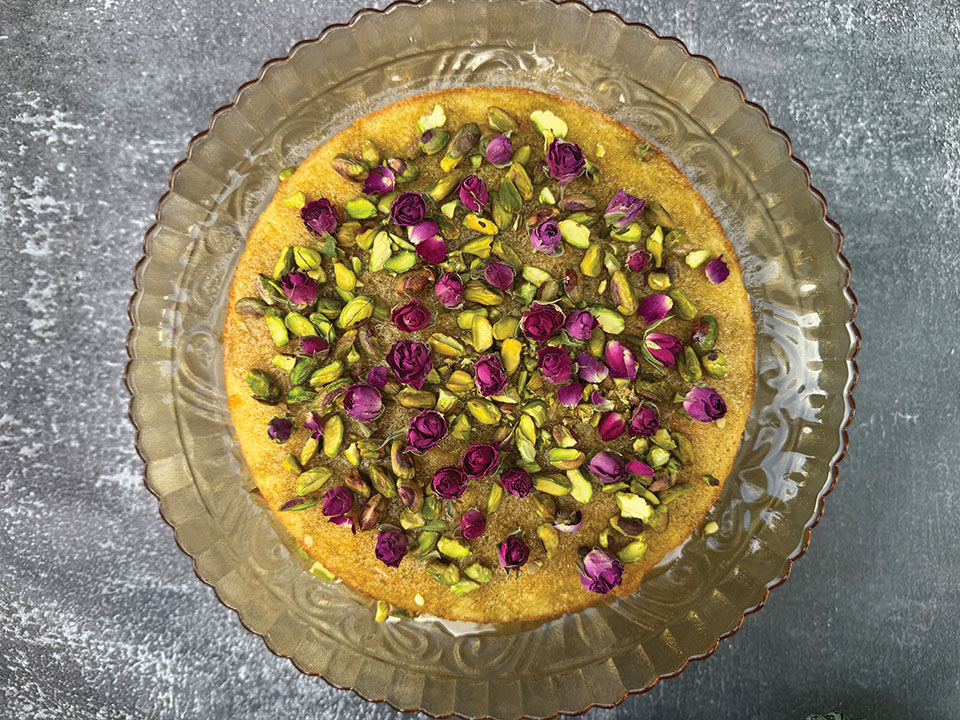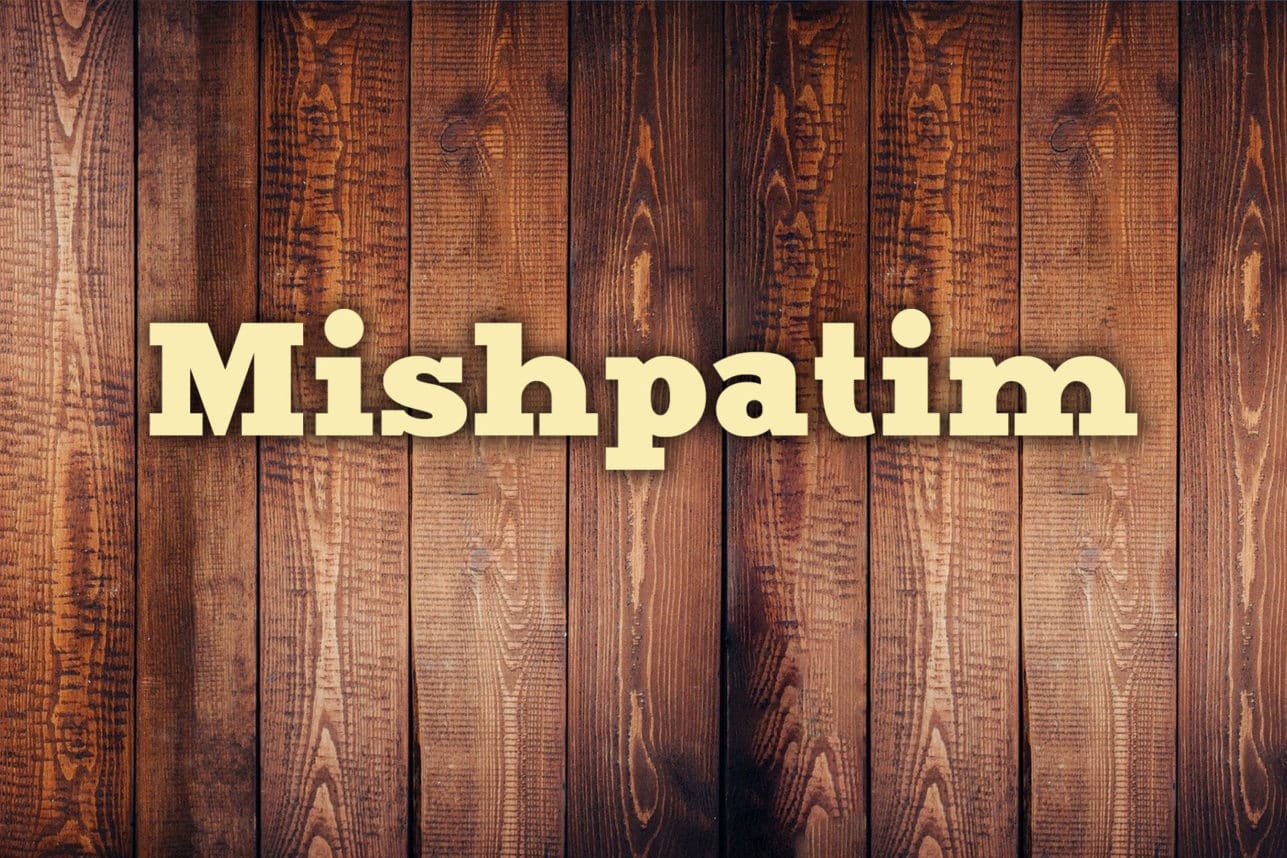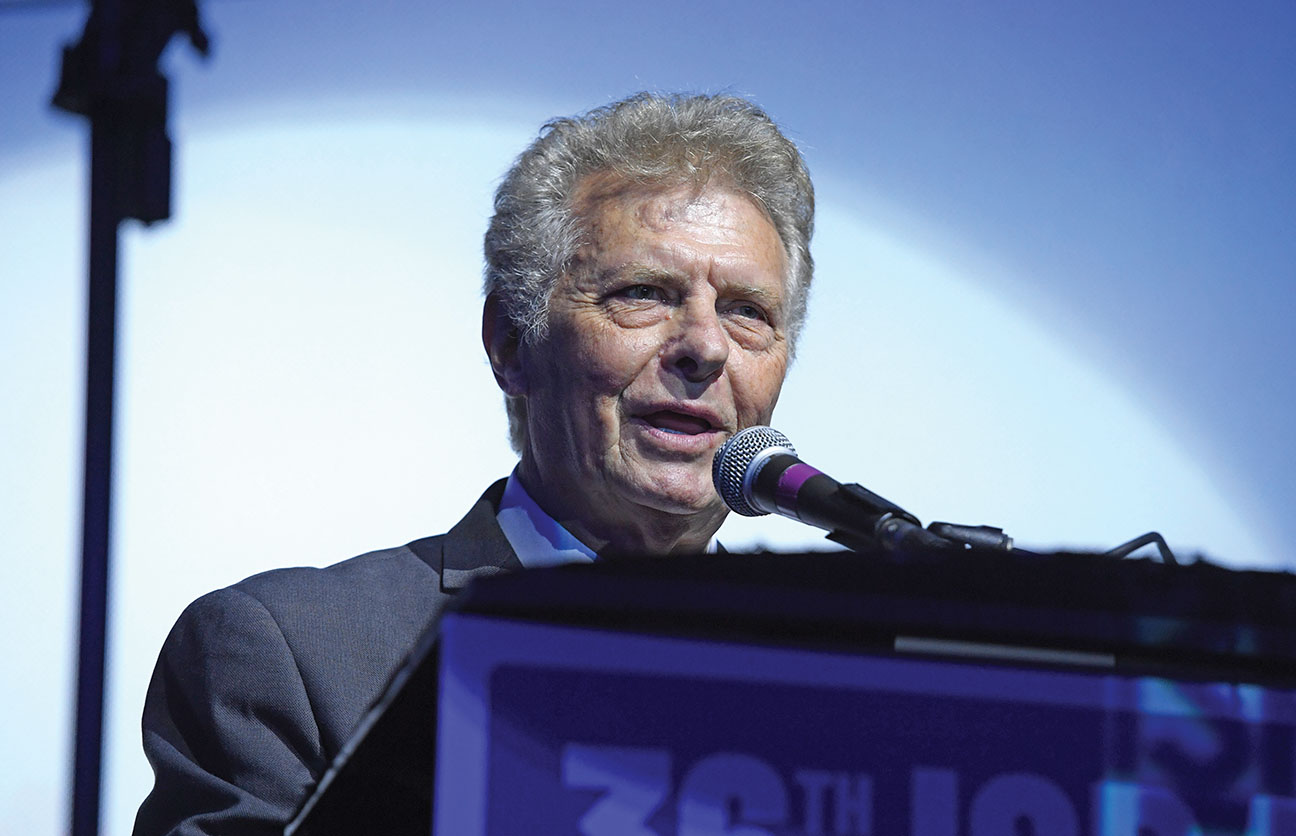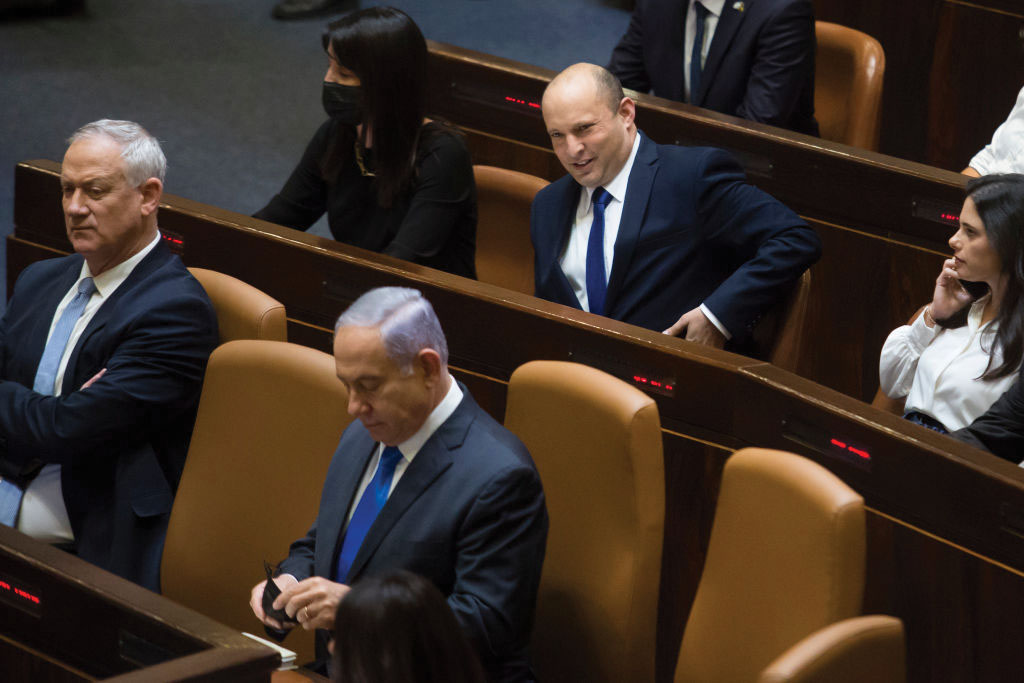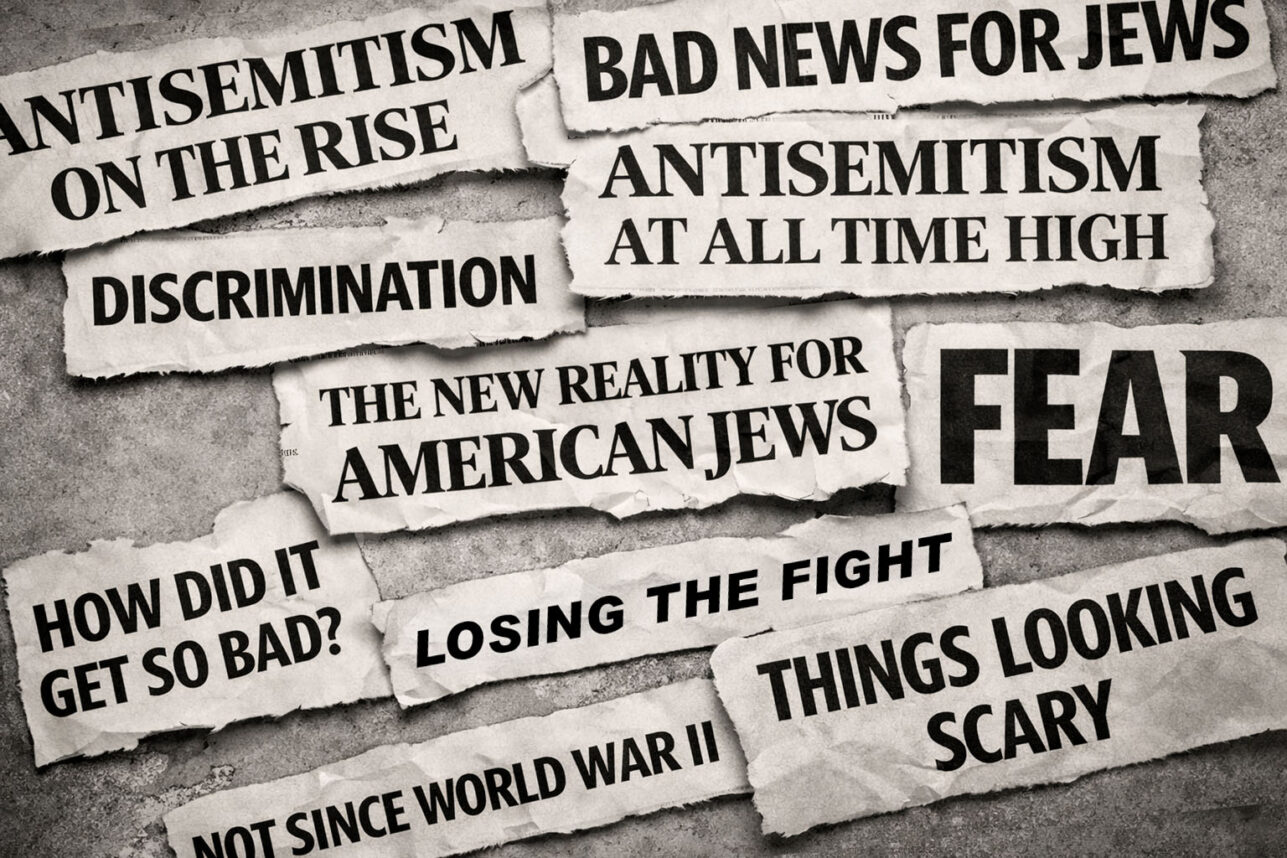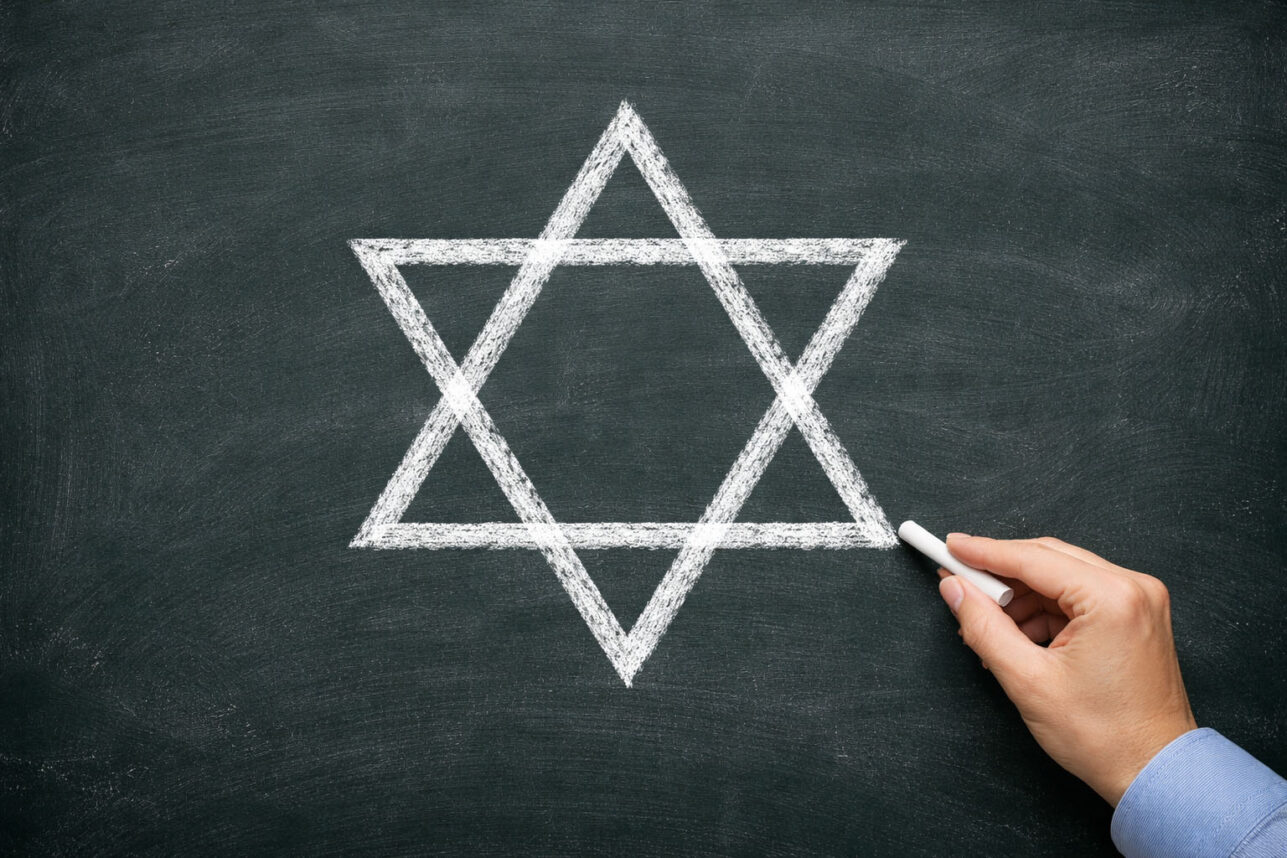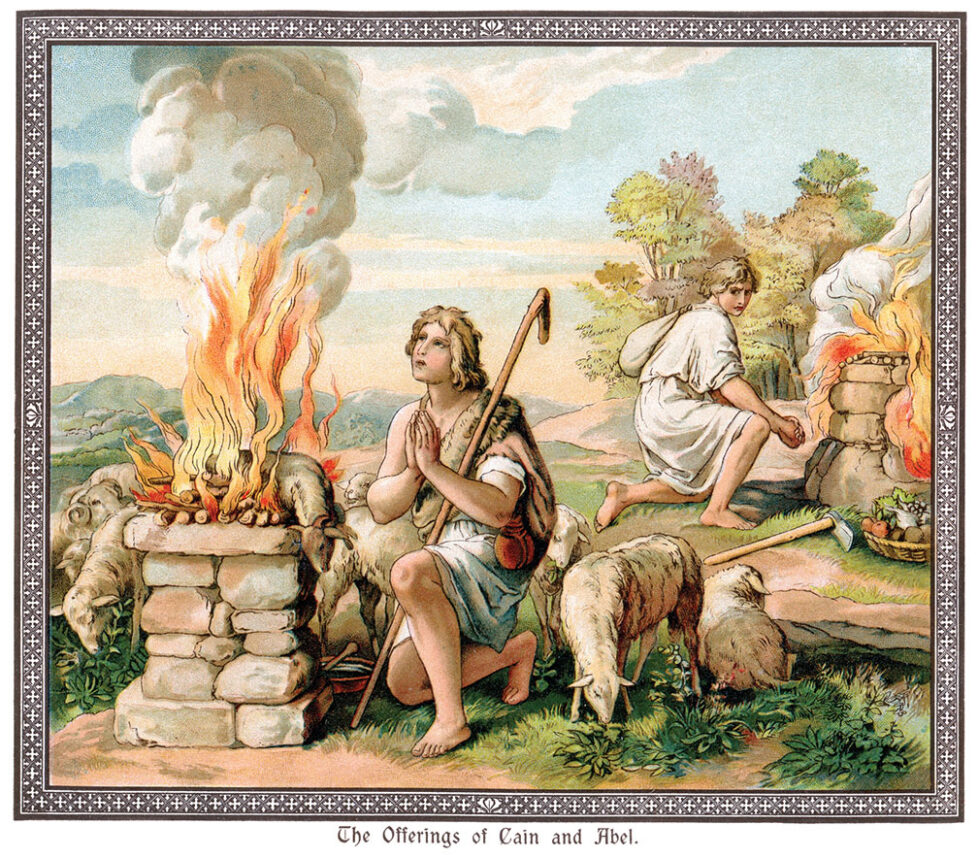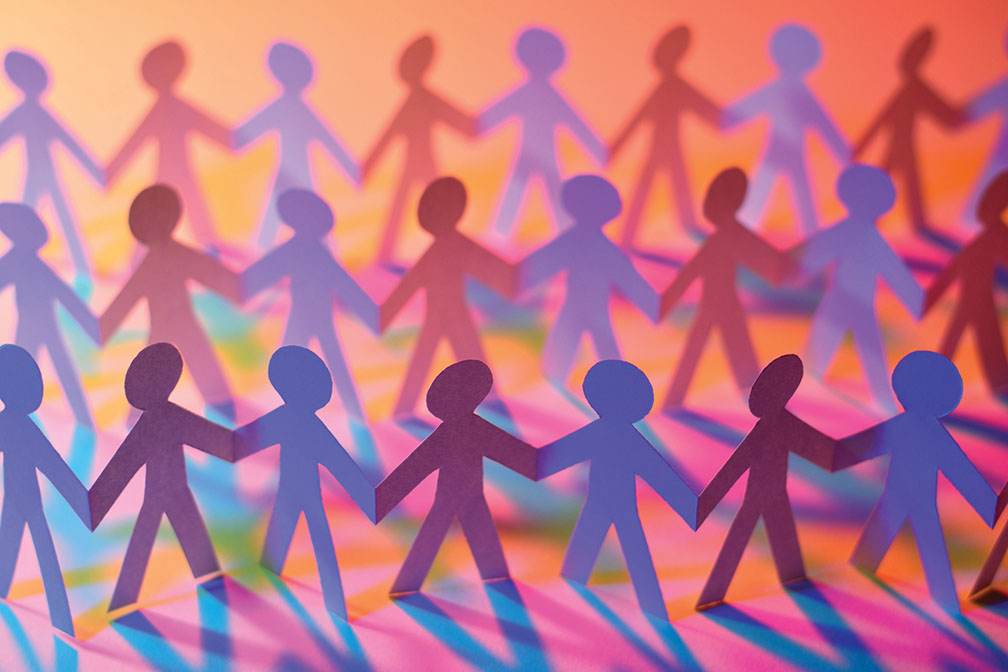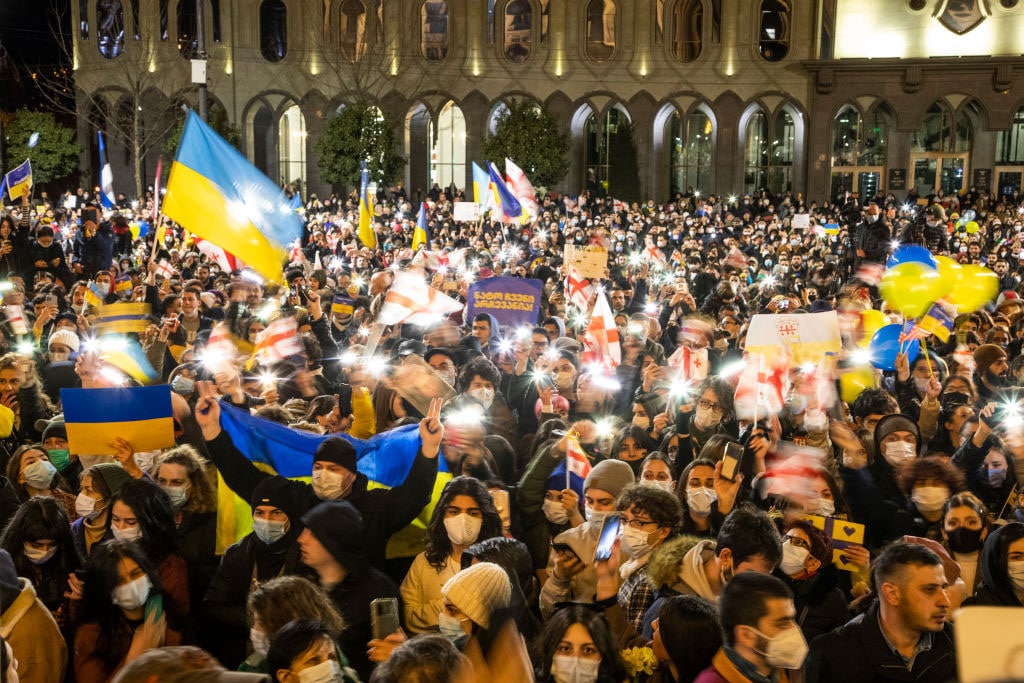
As we write this, the horror of war is unfolding in Ukraine. The last time Kyiv was under heavy artillery fire and saw tanks in its streets was during World War II. If anyone should know it, it’s Vladimir Putin, who is obsessed with the history of that war.
Russian propaganda has painted the Ukrainian state as Nazi and fascist ever since Russian special forces first entered Ukraine in 2014, annexing the Crimea and fomenting the conflict in the Donbas, which has smoldered for eight long years.
It was propaganda in 2014. It remains propaganda today.
This is why we came together: to protest the use of this false and destructive narrative. Among those who have signed the statement below are some of the most accomplished and celebrated scholars of World War II, Nazism, genocide and the Holocaust. If you are a scholar of this history, please consider adding your name to the list. If you are a journalist, you now have a list of experts you can turn to in order to help your readers better understand Russia’s war against Ukraine.
And if you are a consumer of the news, please share the message of this letter widely. There is no Nazi government for Moscow to root out in Kyiv. There has been no genocide of the Russian people in Ukraine. And Russian troops are not on a liberation mission. After the bloody 20th century, we should all have built enough discernment to know that war is not peace, slavery is not freedom, and ignorance offers strength only to autocratic megalomaniacs who seek to exploit it for their personal agendas.
The statement can be found below. If you are a scholar and would like to add your signature to the list, please tweet @eugene_finkel or @izatabaro or send an email to efinkel4@jhu.edu.
To see the latest additions to the list of signatories, please see here.
***
Statement by Scholars of Genocide, Nazism and World War II
Since February 24, 2022, the armed forces of the Russian Federation have been engaged in an unprovoked military aggression against Ukraine. The attack is a continuation of Russia’s annexation of the Crimean peninsula in 2014 and its heavy involvement in the armed conflict in the Donbas region.
The Russian attack came in the wake of accusations by the Russian president Vladimir Putin of crimes against humanity and genocide, allegedly committed by the Ukrainian government in the Donbas. Russian propaganda regularly presents the elected leaders of Ukraine as Nazis and fascists oppressing the local ethnic Russian population, which it claims needs to be liberated. President Putin stated that one of the goals of his “special military operation” against Ukraine is the “denazification” of the country.
We are scholars of genocide, the Holocaust, and World War II. We spend our careers studying fascism and Nazism, and commemorating their victims. Many of us are actively engaged in combating contemporary heirs to these evil regimes and those who attempt to deny or cast a veil over their crimes.
We strongly reject the Russian government’s cynical abuse of the term genocide, the memory of World War II and the Holocaust, and the equation of the Ukrainian state with the Nazi regime to justify its unprovoked aggression. This rhetoric is factually wrong, morally repugnant and deeply offensive to the memory of millions of victims of Nazism and those who courageously fought against it, including Russian and Ukrainian soldiers of the Red Army.
We do not idealize the Ukrainian state and society. Like any other country, it has right-wing extremists and violent xenophobic groups. Ukraine also ought to better confront the darker chapters of its painful and complicated history. Yet none of this justifies the Russian aggression and the gross mischaracterization of Ukraine. At this fateful moment we stand united with free, independent and democratic Ukraine and strongly reject the Russian government’s misuse of the history of World War II to justify its own violence.
(Russian translation appears after the list of signatories.)
Eugene Finkel, Johns Hopkins University
Izabella Tabarovsky, Washington D.C.
Aliza Luft, University of California-Los Angeles
Teresa Walch, University of North Carolina at Greensboro
Jared McBride, University of California-Los Angeles
Elissa Bemporad, Queens College and CUNY Graduate Center
Andrea Ruggeri, University of Oxford
Steven Seegel, University of Texas at Austin
Jeffrey Kopstein, University of California, Irvine
Francine Hirsch, University of Wisconsin-Madison
Anna Hájková, University of Warwick
Omer Bartov, Brown University
Barbara Kirshenblatt-Gimblett, New York University and POLIN Museum of the History of Polish Jews
Christoph Dieckmann, Frankfurt am Main
Cary Nelson, University of Illinois at Urbana-Champaign
Waitman Wade Beorn, Northumbria University
Jeffrey Herf, University of Maryland
Timothy Snyder, Yale University
Jeffrey Veidlinger, University of Michigan
Hana Kubátová, Charles University
Leslie Waters, University of Texas at El Paso
Norman J.W. Goda, University of Florida
Jazmine Conteras, Goucher College
Laura J. Hilton, Muskingum University
Katarzyna Person, Jewish Historical Institute, Warsaw
Tarik Cyril Amar, Koc University
Sarah Grandke, Neuengamme Concentration Camp Memorial/denk.mal Hannoverscher Bahnhof Hamburg
Jonathan Leader Maynard, King’s College London
Chad Gibbs, College of Charleston
Janine Holc, Loyola University Maryland
Erin Hochman, Southern Methodist University
Edin Hajdarpasic, Loyola University Chicago
David Hirsh, Goldsmiths, University of London
Richard Breitman, American University (Emeritus)
Astrid M. Eckert, Emory University
Anna Holian, Arizona State University
Uma Kumar, University of British Columbia
Frances Tanzer, Clark University
Victoria J. Barnett, US Holocaust Memorial Museum (retired)
David Seymour, City University of London
Jeff Jones, University of North Carolina at Greensboro
András Riedlmayer Harvard University (retired)
Polly Zavadivker, University of Delaware
Aviel Roshwald, Georgetown University
Anne E. Parsons, University of North Carolina at Greensboro
Carole Lemee, Bordeaux University
Scott Denham, Davidson College
Emanuela Grama, Carnegie Mellon University
Christopher R. Browning, University of North Carolina at Chapel Hill (emeritus)
Katrin Paehler, Illinois State University
Raphael Utz, Deutsches Historisches Museum Berlin
Emre Sencer, Knox College
Stefan Ihrig, University of Haifa
Jeff Rutherford, Xavier University
Jason Hall, The University of Haifa
Christian Ingrao, CNRS École des Hautes Études en Sciences Sociales, CESPRA Paris
Hannah Wilson, Nottingham Trent University
Jan Lanicek, University of New South Wales
Edward B. Westermann, Texas A&M University-San Antonio
Maris Rowe-McCulloch, University of Regina
Joanna B. Michlic, University College London
Raul Carstocea, Maynooth University
Dieter Steinert, University of Wolverhampton
Christina Morina, Universität Bielefeld
Abbey Steele, University of Amsterdam
Erika Hughes, University of Portsmouth
Lukasz Krzyzanowski, University of Warsaw
Agnieszka Wierzcholska, German Historical Institute, Paris
Martin Cüppers, University of Stuttgart
Matthew Kupfer, Organized Crime and Corruption Reporting Project
Martin Kragh, Uppsala University
Umit Kurt, Van Leer Institute, Jerusalem
Meron Mendel, Frankfurt University of Applied Science, Anne Frank Center Frankfurt
Nazan Maksudyan, FU Berlin / Centre Marc Bloch
Emanuel-Marius Grec, University of Heidelberg
Khatchig Mouradian, Columbia University
Jan Zbigniew Grabowski, University of Ottawa
Dirk Moses, University of North Carolina, Chapel Hill
Amos Goldberg, Hebrew University of Jerusalem
Amber N. Nickell, Fort Hays State University
Tatjana Tönsmeyer, Wuppertal University
Thomas Kühne, Clark University
Thomas Pegelow Kaplan, Appalachian State University
Amos Morris-Reich, Tel Aviv University
Volha Charnysh, Massachusetts Institute of Technology
Stefan Cristian Ionescu, Northwestern University
Donatello Aramini, Sapienza University, Rome
Ofer Ashkenazi, The Hebrew University of Jerusalem
Roland Clark, University of Liverpool
Mirjam Zadoff, University of Munich & Munich Documentation Centre for the History of National Socialism
John Barruzza, Syracuse University
Cristina A. Bejan, Metropolitan State University of Denver
Isabel Sawkins, University of Exeter
Benjamin Nathans, University of Pennsylvania
Norbert Frei, University of Jena
Stéfanie Prezioso, Université de Lausanne
Olindo De Napoli, Università degli Studi di Napoli Federico II
Eli Nathans, Western University
Eugenia Mihalcea, University of Haifa
Rebekah Klein-Pejšová, Purdue University
Sergei I. Zhuk, Ball State University
Paola S. Salvatori, Scuola Normale Superiore di Pisa – Università degli Studi Roma Tre
Antonio Ferrara, Independent Scholar
Verena Meier, Forschungsstelle Antiziganismus, Ruprecht-Karls-Universität Heidelberg
Frédéric Bonnesoeur, Zentrum für Antisemitismusforschung, TU Berlin
Sara Halpern, St. Olaf College
Irina Nastasa-Matei, University of Bucharest
Michal Aharony, University of Haifa
Michele Sarfatti, Fondazione CDEC Milano
Frank Schumacher, The University of Western Ontario
Thomas Weber, University of Aberdeen
Elizabeth Drummond, Loyola Marymount University
Jennifer Evans, Carleton University
Sayantani Jana, University of Southern California
Gavriel D. Rosenfeld, Fairfield University
Snježana Koren, University of Zagreb
Brunello Mantelli, University of Turin and University of Calabria
Carl Müller-Crepon, University of Oxford
Grzegorz Rossolinski-Liebe, Freie Universität Berlin
Amy Sjoquist, Northwest University
Sebastian Vîrtosu, Universitatea Națională de Arte “G. Enescu”
Stanislao G. Pugliese, Hofstra University
Ronald Grigor Suny, University of Michigan
Antoinette Saxer, University of York
Alon Confino, University of Massachusetts, Amherst
Corry Guttstadt, University of Hamburg
Vadim Altskan, US Holocaust Memorial Museum
Evan B. Bukey, University of Arkansas
Elliot Y Neaman, University of San Francisco
Rebecca Wittmann, University of Toronto Mississauga
Benjamin Rifkin, Hofstra University
Vladimir Tismaneanu, University of Maryland
Walter Reich, George Washington University
Jay Geller, Case Western Reserve University
Atina Grossmann, Cooper Union
Francesco Zavatti, Södertörn University
Eliyana R. Adler, The Pennsylvania State University
Laura María Niewöhner, Bielefeld University
Elena Amaya, University of California-Berkeley
Markus Roth, Fritz Bauer Institut, Frankfurt
Brandon Bloch, University of Wisconsin-Madison
Monica Osborne, The Jewish Journal
Benjamin Hett, Hunter College and the Graduate Center, CUNY
Volker Weiß, Independent Scholar
Manuela Consonni, The Hebrew University of Jerusalem
Svetlana Suveica, University of Regensburg
Todd Heidt, Knox College
Volha Bartash, University of Regensburg
Jakub Drábik, Slovak Academy of Sciences
David Hamann, Freie Universität Berlin
Matthew Kott, Uppsala University
Piotr H. Kosicki, University of Maryland, College Park
Ole Frahm, Independent Scholar
Carlo Gentile, University of Cologne
Mihaela Serban, Ramapo College of New Jersey
Tobias Ebbrecht-Hartmann, The Hebrew University of Jerusalem
Doina Anca Cretu, Masaryk Institute and Archives of the Czech Academy of Sciences
Peter Gross, The University of Tennessee
Anna Ullrich, Leibniz Institute for Contemporary History, Munich
Benjamin Grilj, Institut für Jüdische Geschichte Österreichs
Harry C. Merritt, Amherst College
Richard Steigmann-Gall, Kent State University
Mats Deland, Mid Sweden University, Sundsvall
Judith Vöcker, University of Leicester
Florian Kührer-Wielach, IKGS at LMU München
Hikmet Karcic, University of Sarajevo
Susan Rubin Suleiman, Harvard University
Mikko Ketola University of Helsinki
Gerald J. Steinacher, University of Nebraska-Lincoln
Charlotte Schallié, University of Victoria
Peter Davies, University of Edinburgh
Laurien Vastenhout, NIOD Institute for War, Holocaust and Genocide Studies, Amsterdam
Dave Rich, Birkbeck, University of London
Magdalena Marsovszky, Independent Scholar
Susanne Heim, Freie Universität Berlin
Sarah Rembiszewski, Tel Aviv University
Giovanna D’Amico, Università degli Studi di Messina
Susanne Urban, University of Marburg
Anika Walke, Washington University in St. Louis
Martin Clemens Winter, Leipzig University
Alexander Korb, University of Leicester
Tobias Freimüller, Fritz Bauer Institut, Frankfurt am Main
Polina Sparks, Manchester
Jonathan Skolnik, University of Massachusetts Amherst
Sascha Feuchert, Justus-Liebig-Universität Gießen
Henning Borggraefe, Arolsen Archives – International Center on Nazi Persecution
Sarah Jewett, London School of Economics and Political Science
Charlotte Kitzinger, Justus-Liebig-University, Gießen
Natalia Aleksiun, Touro College
Miriam F. Elman, Syracuse University
Bill Niven, Nottingham Trent University
Benny Morris, Ben-Gurion University (emeritus)
Raisa Ostapenko, Sorbonne University
Don H. Doyle, University of South Carolina
Donna Robinson Divine, Smith College and University of Haifa
Moritz Föllmer, University of Amsterdam
Lidia Zessin-Jurek, Czech Academy of Sciences
Jayne Persian, University of Southern Queensland
Susannah Heschel, Dartmouth College
Judith Wechsler, Tufts University
Gerald Steinberg, Political Science, Bar Ilan University
Yanina Di Croce, Universidad Nacional de La Plata
Jamie L. Wraight, The University of Michigan-Dearborn
Zigmas Vitkus, University of Klaipėda
Alana Holland, American University
Kobi Kabalek, Penn State University
Anika Binsch, Justus-Liebig-University, Gießen
Kurt Tweraser, University of Arkansas
Ilan Troen, Ben-Gurion University
Lawrence Baron, San Diego State University
Helen Epstein, Independent Scholar
Nicholas Terry, University of Exeter
Gayle Zachmann, University of Florida
Shelley Baranowski, University of Akron
Andrei S. Markovits, University of Michigan
Wolfgang Freund, Universite du Luxembourg
Jeffrey Blutinger, California State University, Long Beach
Joanna Sliwa, Independent Scholar
John-Paul Himka, University of Alberta
Philippe Blasen, Romanian Academy, Iasi
Alvin H. Rosenfeld, Indiana University
Samuel Miner, University of Dayton
Christopher Gilley, The Wiener Holocaust Library
Günther Jikeli, Indiana University
Rena Molho, Independent Scholar
Srdja Pavlovic, Wirth Institute. University of Alberta
Geraldien von Frijtag Drabbe Künzel, Utrecht University
Goldie Morgentaler, University of Lethbridge
Trevor Erlacher, University of Pittsburgh
Sol Neely, Heritage University
Hans-Rudolf Meier, Bauhaus-Universität Weimar
Theron Snell, Independent Scholar
Daniel Jonah Wolpert, University of Cambridge
LF Graf Chodkiewicz Chudzikiewicz, International Research Institute, Macon, Georgia
Olga Karasik-Updike, Kazan Federal University and Higher School of Economics, Moscow
Paul Garfinkel, Simon Fraser University
Lauren Faulkner Rossi, Simon Fraser University
Claire Aubin, University of Edinburgh
Federica Pannocchia, Un ponte per Anne Frank
Thomas Schad, Humboldt University Berlin
Björn Krondorfer, Northern Arizona University
Martin Jander, Berlin Campus of Stanford University
Mehnaz Afridi, Manhattan College
Jochen Hellbeck, Rutgers University
Moshe Zimmermann, Hebrew University Jerusalem
Anna Lipphardt, Universität Freiburg
Sybille Steinbacher, Fritz Bauer Institut
Christopher Smith, Coventry University
James Bjork, King’s College London
Michaela Pohl, Vassar College
David N. Myers, UCLA
Monique Rodrigues Balbuena, University of Oregon
Franziska Exeler, University of Cambridge and Free University Berlin
Mark Harrison, University of Warwick
Magda Teter, Fordham University
Hershy Orenstein, International School of Holocaust Studies, Jerusalem
Charlie Laderman, King’s College, London
Karin Kvist Geverts, The Institute for Holocaust Research in Sweden
Alvin Rosenfeld, Weill Cornell Medical College
Harold Marcuse, University of California, Santa Barbara
Sarah Cramsey, Leiden University
Michel Gherman Federal University of Rio de Janeiro
Bobbi Zahra, Independent Scholar
Rabbi Jeanette Friedman Sieradski
Paradise Valley, PA
Darcy Buerkle, Smith College
Melissa Kravetz, Longwood University
Gareth Pritchard, University of Adelaide
Gail Erlick Robinson, University of Toronto
Dominic Williams, Northumbria University
Ido de Haan, Utrecht University
Emanuel Plopeanu, Ovidius University, Constanța
Alti Rodal, Ukrainian Jewish Encounter
Vanni D’Alessio, University of Naples Federico II
Daniel Rickenbacher, University of Basel
Stéphane Bruchfeld, Uppsala University
Joanna Ostrowska, Independent Scholar
Irina Shikhova, Chisinau, Moldova.
Karel Berkhoff, NIOD Institute for War, Holocaust and Genocide Studies, Amsterdam
Georgiy Kasianov, Marie Curie-Sklodowska University, Lublin, Poland
Michael Becker, University of Jena, Germany
Ana Bărbulescu, Institutul Național pentru Studierea Holocaustului din România “Elie Wiesel”
Janine Fubel, Department of History, Humboldt University Berlin
Anton Weiss-Wendt, Norwegian Center for Holocaust and Minority Studies
Adina Babesh-Fruchter, KU Leuven
Andreas Körber, Universität Hamburg
Joshua Shanes, College of Charleston
Anne Lepper, Free University Berlin
Sebastian Weitkamp, Esterwegen Memorial
Martin Koers, Esterwegen Memorial
Andrej Umansky, Georgetown University
Silvia Goldbaum Tarabini Fracapane, Independent Scholar
Ray Brandon, Independent Scholar, Berlin
Carol A Bernstein, Albert Einstein College of Medicine
Silke von der Emde, Vassar College
Ranen Omer-Sherman, University of Louisville
Franziska Koch, University of Potsdam
Wendy Lower, Claremont McKenna College
Anette Homlong Storeide, Falstadsenteret/Memorial Falstad Centre
Benjamin Lapp, Montclair State University
Carlos Alberto Haas, Ludwig Maximilian University
Jeanette Friedman Sieradski, Independent Scholar
Antonella Tiburzi, University of Bolzano
Marco Carynnyk, Independent Scholar
Sandra Alfers, Western Washington University
Elena Makarova, Independent Scholar
Shulamit S. Magnus, Oberlin College
Mikhail Edelstein, Moscow State University
Laura Jockusch, Brandeis University
(Russian Translation)
Заявление ученых, занимающихся изучением истории геноцида, нацизма и Второй мировой войны
Вооруженные силы Российской Федерации с 24 февраля ведут неспровоцированную военную агрессию против Украины. Это нападение является продолжением аннексии Россией Крыма в 2014 году и ее активного участия в вооруженном конфликте на Донбассе.
Нападение России на Украину началось после того, как президент Путин обвинил украинское правительство в преступлениях против человечности и геноциде, которые оно, якобы, совершило на Донбассе. Российская пропаганда постоянно представляет лидеров Украины как нацистов и фашистов, якобы угнетающих местное русское население, которое «необходимо освободить». Президент Путин заявил, что одной из целей его «военной спецоперации» против Украины является ее «денацификация».
Подписавшиеся под этим письмом – исследователи, занимающиеся изучением истории геноцида, Холокоста и Второй мировой войны. Мы посвятили нашу профессиональную деятельность изучению фашизма и нацизма и увековечиванию памяти их жертв. Многие из нас вовлечены в активную борьбу против наследников этих порочных режимов и тех, кто пытается отрицать или замалчивать их преступления.
Мы решительным образом отвергаем циничное злоупотребление российским режимом термином «геноцид», злоупотребление памяти о Второй мировой войне и Холокосте и попытки приравнять украинское государство к нацистскому режиму, для того чтобы оправдать неспровоцированную агрессию России. Подобная риторика не подтверждается никакими фактами, она отвратительна с моральной точки зрения и глубоко оскорбительна для памяти миллионов жертв нацизма и тех, кто мужественно воевал против него, включая российских и украинских солдат Красной Армии.
Мы не идеализируем украинское государство и общество. Как и в любой другой стране, в нем присутствуют крайне-правые элементы и группы, исповедующие насилие и ксенофобию. Украине также необходим более открытый взгляд на темные стороны ее болезненной и сложной истории. Но ничто из этого не оправдывает российскую агрессию и ложное толкование того, что представляет собой Украина.
В этот роковой момент мы стоим вместе за свободную, независимую и демократическую Украину и решительно отвергаем злонамеренное искажение российским правительством истории Второй мировой войны в целях оправдания собственного насилия.








